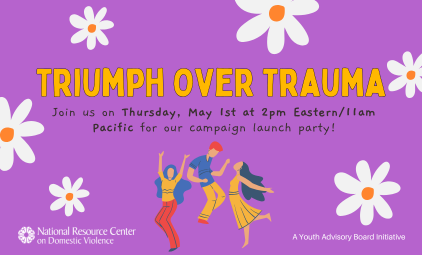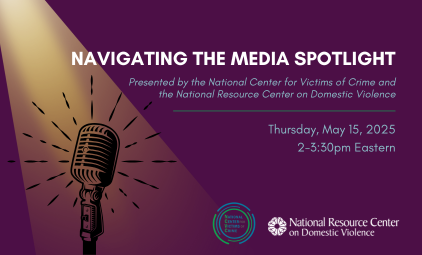Social media plays a far-reaching role in shaping mental health, relationships, and public trust. The U.S.
VAWnet Event Calendar
We recognize that working in this field can feel like we’re on the never-ending path to create change that we’ll never see. It’s work that can consist of equal parts hope, optimism, frustration, and exhaustion. Through this year’s theme “Forging Ahead: Our Map to a World Without Violence,” we hope to bring opportunities for the advocacy community to connect, share information, and engage in efforts needed to address and prevent intimate partner violence, family violence, sexual violence, dating violence, and/or stalking.
Indiana Youth Institute’s 2025 National Summit on Youth Well-Being tackles the big challenges facing today’s youth. We’re zeroing in on the kids who often get overlooked—those from low-income families, communities of color, immigrant backgrounds, and kids who’ve been through challenges like trauma or neglect. This conference brings together expert speakers from across the country to share their knowledge and give you real-world strategies to make a difference.
Join us for a collaborative space to explore why Thriving Wages are essential for the sustainability and justice of the field. Policy and Organizing calls welcome individuals at all experience levels, from newcomers to seasoned policy advocates. They provide a collaborative space that values both people and processes as much as policy. The conversation needs your voice.
Virtual Training of Trainers for Peaceful Futures, which is the 8-session curriculum for youth (with modules for Middle School, High School & University aged Muslims). The Training of Trainers Program will run from May 7- June 4 on five consecutive Wednesday evenings from 8- 9:30 PM EST.
Across the nation, communities are coming together to play an active role in shaping the mental health services that impact their lives. By fostering partnerships and collaborative efforts, we can transform existing systems to better meet the needs of children, youth, and families. This holistic approach ensures that community voices are central, creating services that are more effective, equitable, and responsive.














